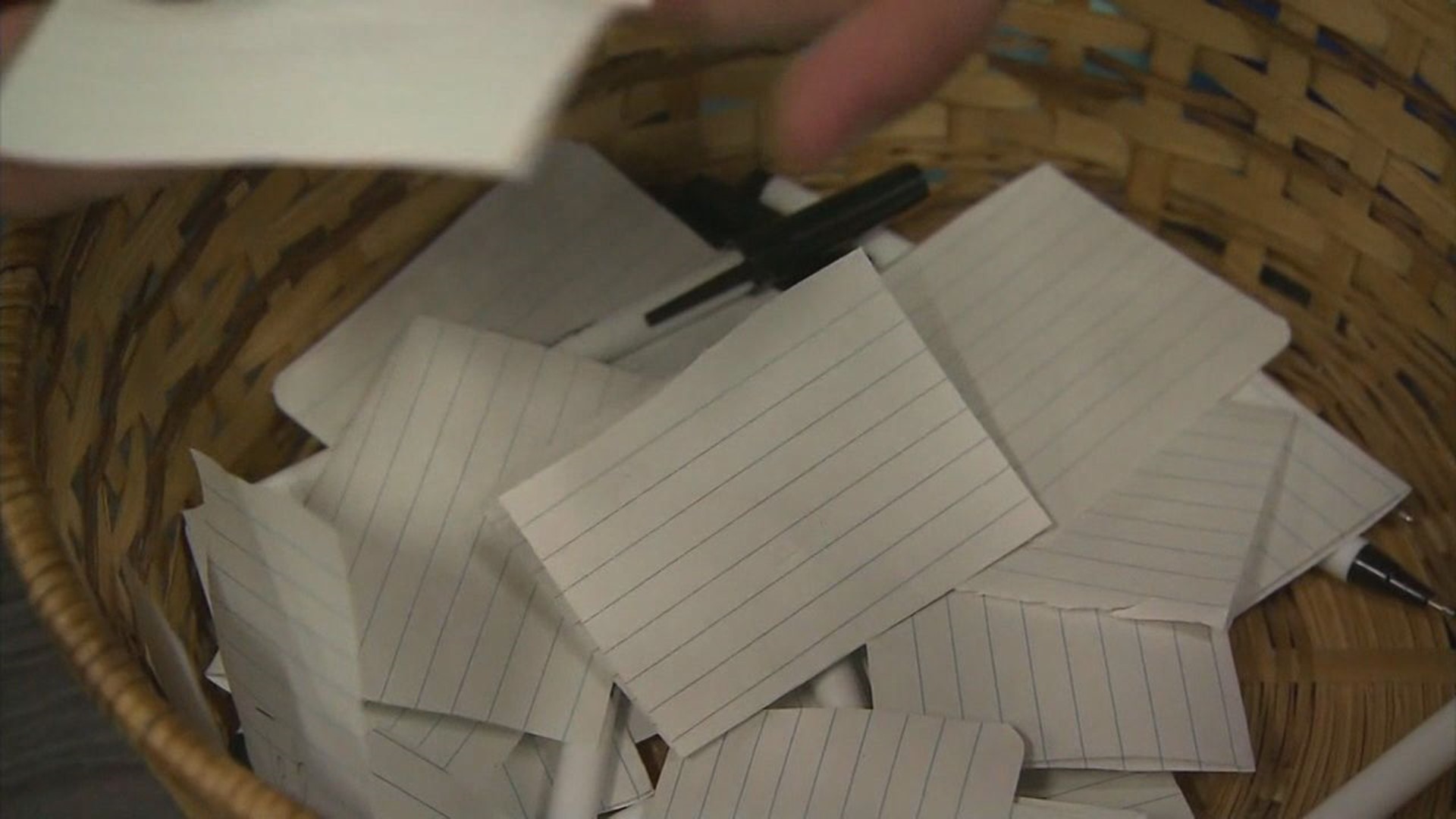PENNSYLVANIA, USA — You've likely heard of straw polls before.
In political terms, it's when a bunch of people get in a room and decide who they want to win an election. The results have no impact on the election itself, but they potentially set the tone for what to expect at the start of a primary season.
"It's like you're going around with your friends deciding where you want to get takeout from before you place the order," said Sarah Niebler, a political scientist and election expert at Dickinson College. "It's as if you're saying, 'This is my preference.'"
When you think of straw polls and caucuses, you're likely thinking of Iowa and its quadrennial gatherings which help shape the landscape of presidential elections. In Pennsylvania, that honor belongs to the republican party's Central Caucus, a 106-member group of activists and chairpersons covering 24 counties throughout the central region of the commonwealth. They met on Saturday at the Penn Harris Hotel in East Pennsboro, Cumberland County.
A straw poll won't dictate any votes when the actual primary election is held on May 17, but it could dictate public opinion across the commonwealth until then.
"What a straw poll can do is send a signal to county chairs and party activists of what the party is thinking right now," said Niebler.
Dave White, a former Delaware County councilman and current business owner, made the greatest impression to caucus members in a crowded gubernatorial field, garnering 21 votes to lead the way. Bill McSwain picked up 17 votes and Lou Barletta pulled 16.
In the U.S. Senate poll, Jeff Bartos commanded the room with a 49-vote total, leading Kathy Barnette's 30 votes. Clarice Schillinger, a Philadelphia-area mother who runs a political action committee dedicated to keeping children in school during the pandemic, picked up 39 votes in the Lieutenant Governor straw poll to lead the way.
Why does this matter? Money.
"[It's] particularly for a candidate who isn't as well resourced like some of the other candidates and someone who isn't as well known," said Niebler.
However, the Central Caucus did stop short of fully endorsing anyone. Committee members voted almost 2-to-1 in all three races to not put their votes behind a single candidate, a sign that, with four months until the primary, the field is wide open.

